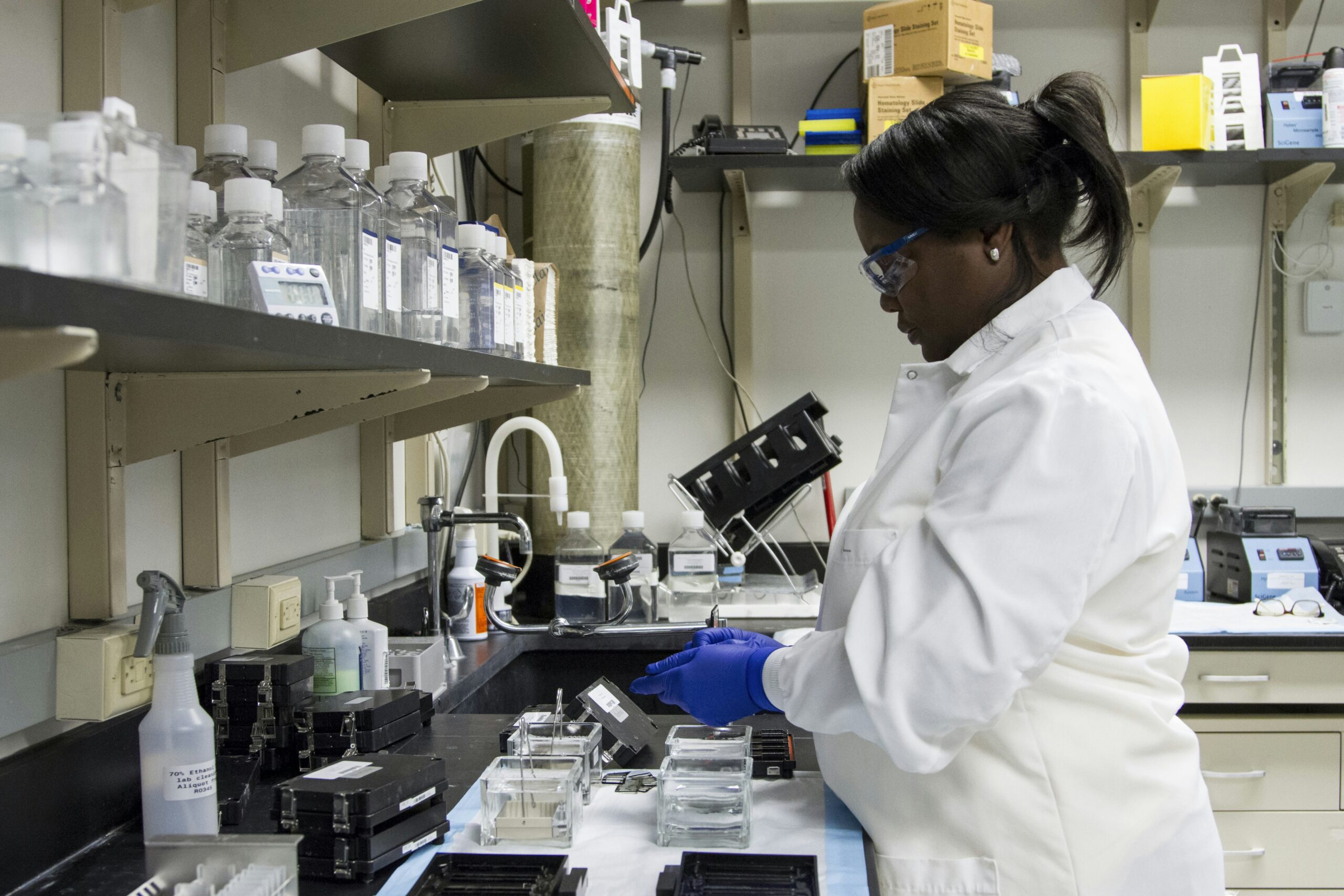Is A Swollen Prostate A Sign Of Cancer?” dives into the common concerns men may have about prostate health. In this enlightening article, you'll discover the various causes of a swollen prostate, learn to differentiate between benign prostate conditions and the potential warning signs of cancer, and understand the importance of early detection and regular check-ups. By the end, you'll feel more informed and reassured about managing your prostate health effectively. Have you ever wondered if a swollen prostate could be a sign of cancer? This concern is quite common among men, especially as they age. The prostate, a small gland located below the bladder, plays a crucial role in male reproductive health. But when it becomes swollen, many questions and worries naturally arise.
What is a Swollen Prostate?
A swollen or enlarged prostate is medically known as benign prostatic hyperplasia (BPH). BPH is particularly prevalent among men aged 50 and above. Essentially, it's a non-cancerous enlargement of the prostate gland.
Symptoms of a Swollen Prostate
Recognizing the symptoms of a swollen prostate can help you understand what’s happening with your body and prompt you to seek medical advice. Common symptoms include:
- Difficulty starting urination
- Weak or interrupted urine stream
- Frequent urination, particularly at night
- Urgent need to urinate
- Feeling as if the bladder is not completely empty after urinating
It's essential to note that while these symptoms can be uncomfortable and inconvenient, they are not necessarily indicative of cancer.
Is a Swollen Prostate Indicative of Cancer?
The short answer to this is: not necessarily. The relationship between a swollen prostate and cancer isn't straightforward. While BPH is a common issue, it doesn't typically lead to prostate cancer. However, the symptoms of BPH and prostate cancer can be quite similar, making it crucial to undergo a proper medical evaluation.
Differentiating BPH and Prostate Cancer
Though they share similar symptoms, BPH and prostate cancer have distinct differences:
| Feature | BPH | Prostate Cancer |
|---|---|---|
| Nature | Non-cancerous enlargement | Malignant growth |
| Common Symptoms | Difficulty starting/stopping urination, weak stream, frequent urination, urgency | Similar to BPH but may include pelvic pain and blood in urine |
| Progression | Slower and less likely to be fatal | Can be aggressive and life-threatening |
| Screening Methods | Digital rectal exam, PSA test | Digital rectal exam, PSA test, biopsy |
While BPH is quite common and usually not dangerous, it's always wise to consult with your healthcare provider if you notice any changes in your urinary habits or if you experience any of the symptoms listed above.

Diagnostic Procedures
When it comes to identifying the cause of your symptoms, healthcare providers have several tools at their disposal. Understanding how these diagnostic procedures work can help ease your worries.
Digital Rectal Exam (DRE)
During a DRE, the doctor will insert a gloved, lubricated finger into your rectum to feel the size and shape of your prostate. While this might sound uncomfortable, it’s usually quick and is an essential diagnostic tool.
Prostate-Specific Antigen (PSA) Test
The PSA test measures the level of PSA in your blood. Elevated levels can indicate prostate issues, but they don’t specifically confirm cancer since both BPH and prostate cancer can cause high PSA levels.
Imaging Tests
Imaging tests such as ultrasound or MRI can provide a visual assessment of the prostate. These tests can help in identifying abnormalities or irregular growths that might require further investigation.
Biopsy
If initial tests suggest the possibility of cancer, a biopsy might be necessary. In a biopsy, small tissue samples from the prostate are removed and examined under a microscope for cancer cells.
Risk Factors and Prevention
Understanding the risk factors associated with both BPH and prostate cancer can empower you to take preventive measures.
Age
Age is a significant factor. The risk of both BPH and prostate cancer increases as you get older. Regular check-ups become increasingly important as you age.
Family History
A family history of prostate issues can increase your risk. If your father or brother had prostate cancer, your chances of developing it are higher.
Diet and Lifestyle
Diet and lifestyle play a crucial role in prostate health. Consuming a diet high in red meat and dairy may increase the risk, whereas eating fruits and vegetables rich in antioxidants can be beneficial.
Regular Screening
Regular screening can help in early detection, which is vital for effective treatment. Discuss with your healthcare provider about when you should start screening based on your risk factors.

Treatment Options
If your diagnosis confirms that you have BPH or prostate cancer, understanding your treatment options is the next step.
Treatment for BPH
| Option | Description |
|---|---|
| Medications | Alpha blockers relax prostate muscle fibers; 5-alpha reductase inhibitors shrink the gland. |
| Lifestyle Changes | Reducing fluid intake before bedtime, avoiding caffeine and alcohol, and regular exercise. |
| Minimally Invasive Procedures | Transurethral microwave therapy (TUMT) or transurethral needle ablation (TUNA). |
| Surgery | Transurethral resection of the prostate (TURP) or laser surgery. |
Treatment for Prostate Cancer
| Option | Description |
|---|---|
| Active Surveillance | Regular monitoring in cases of slow-growing, localized cancer. |
| Radiation Therapy | External beam radiation or brachytherapy to target cancer cells. |
| Surgery | Prostatectomy to remove the prostate gland. |
| Hormone Therapy | Reduces androgen levels to prevent cancer growth. |
| Chemotherapy | Uses drugs to kill rapidly growing cancer cells, often used in advanced stages. |
Discussing with your healthcare provider can help you understand the best treatment option based on the stage and nature of your condition.
Coping with Diagnosis and Treatment
A diagnosis of either BPH or prostate cancer can be overwhelming. Here are some strategies to help you cope:
Emotional Support
Talking to family, friends, or a professional counselor can provide emotional relief. Support groups specifically for prostate conditions can offer shared experiences and advice.
Educate Yourself
Understanding your condition can reduce anxiety. Reliable sources include your healthcare provider, reputable medical websites, and patient education materials.
Healthy Lifestyle Choices
Maintaining a healthy lifestyle can improve your overall well-being. Balanced diet, exercise, and adequate sleep are beneficial for both physical and emotional health.
Follow-Up Care
Regular follow-up appointments are crucial to monitor your condition and make any necessary adjustments to your treatment plan.

Conclusion
While a swollen prostate does not necessarily mean cancer, it's a symptom that shouldn't be ignored. Regular check-ups and screenings are your best defense in catching any issues early, whether they pertain to benign conditions like BPH or more serious ones like cancer. Open communication with your healthcare provider, along with a healthy lifestyle, can significantly contribute to maintaining prostate health. Don't hesitate to ask questions and seek clarity on any concerns you may have. Your peace of mind is just as important as your physical health.

